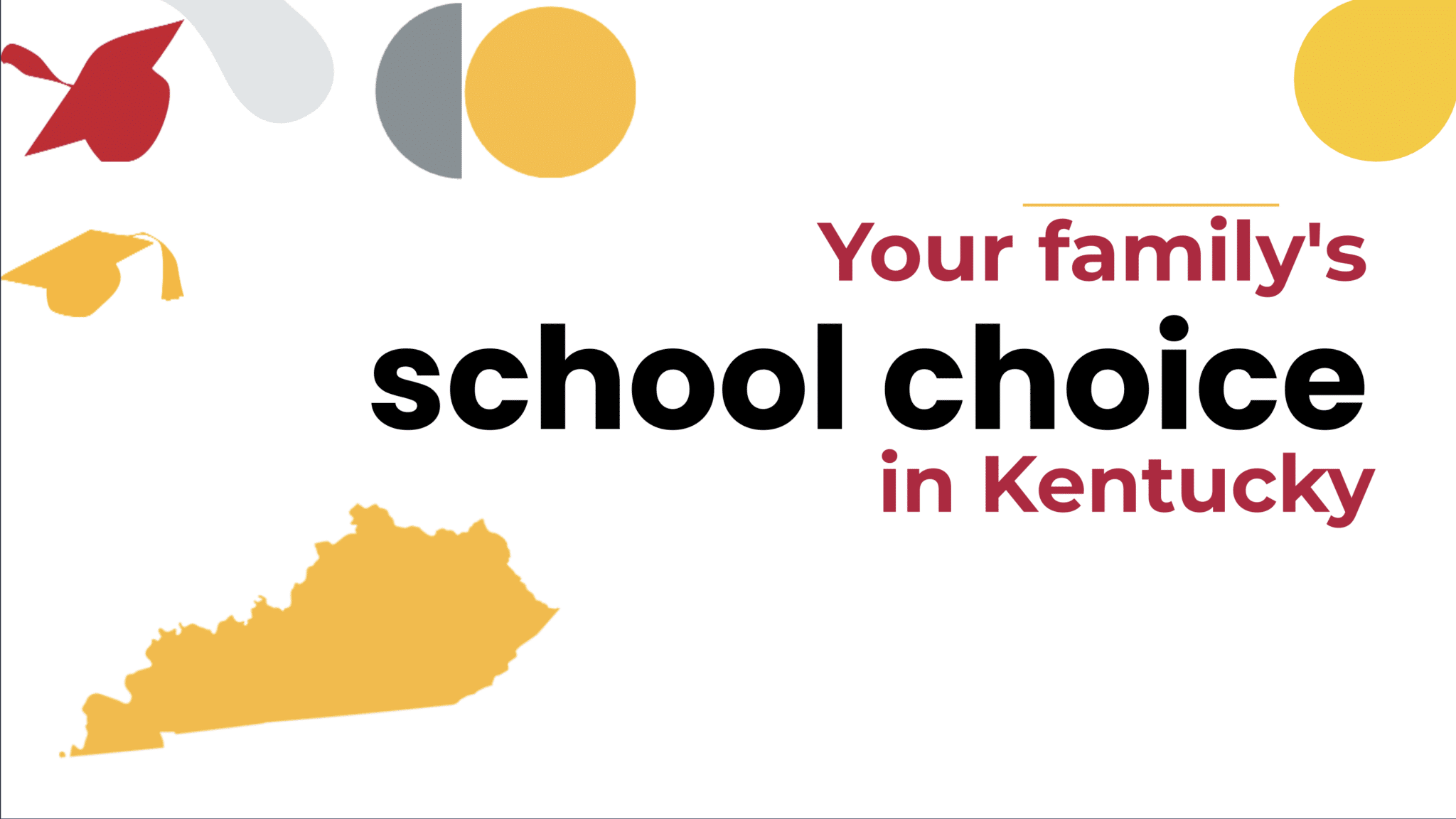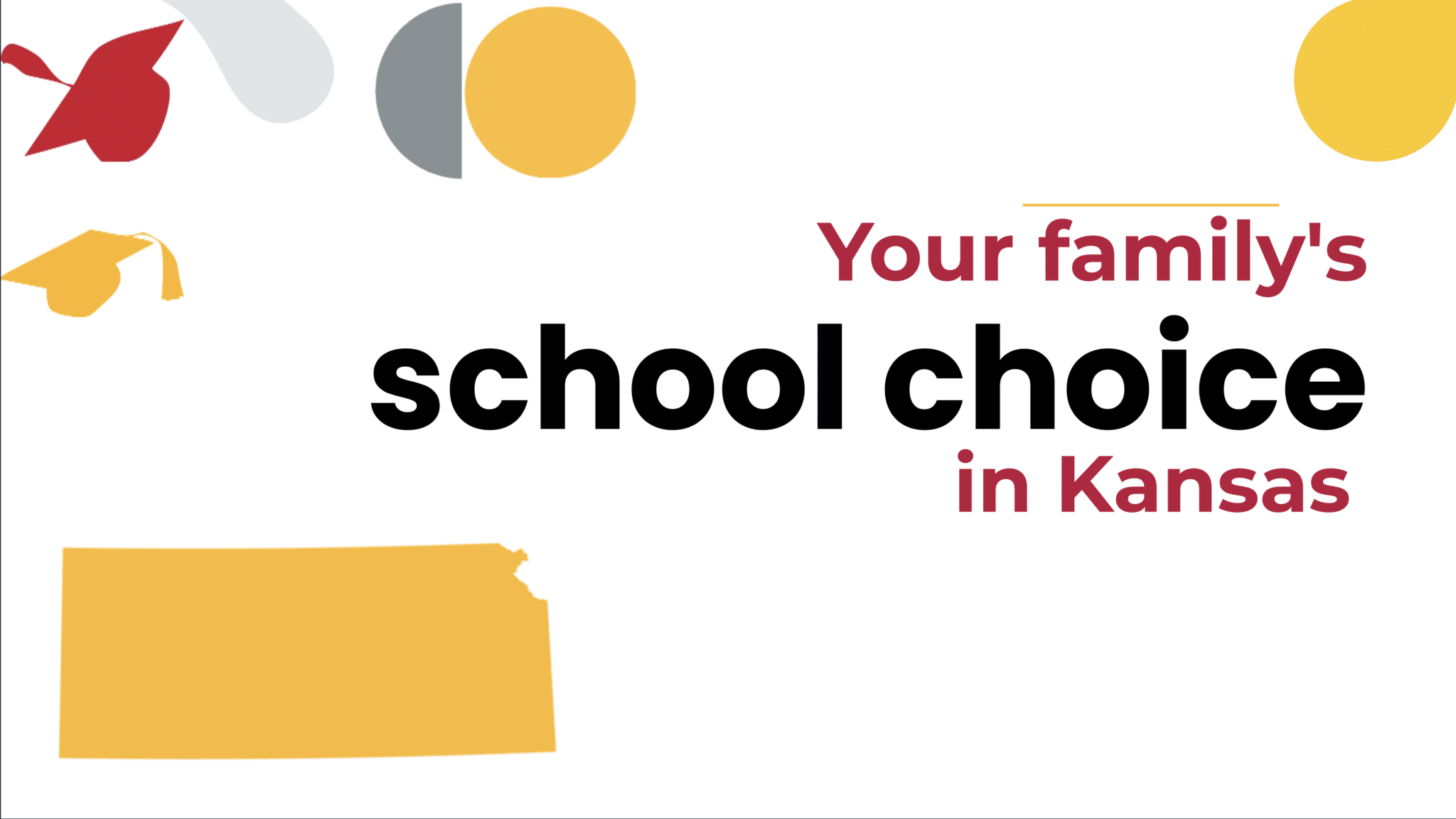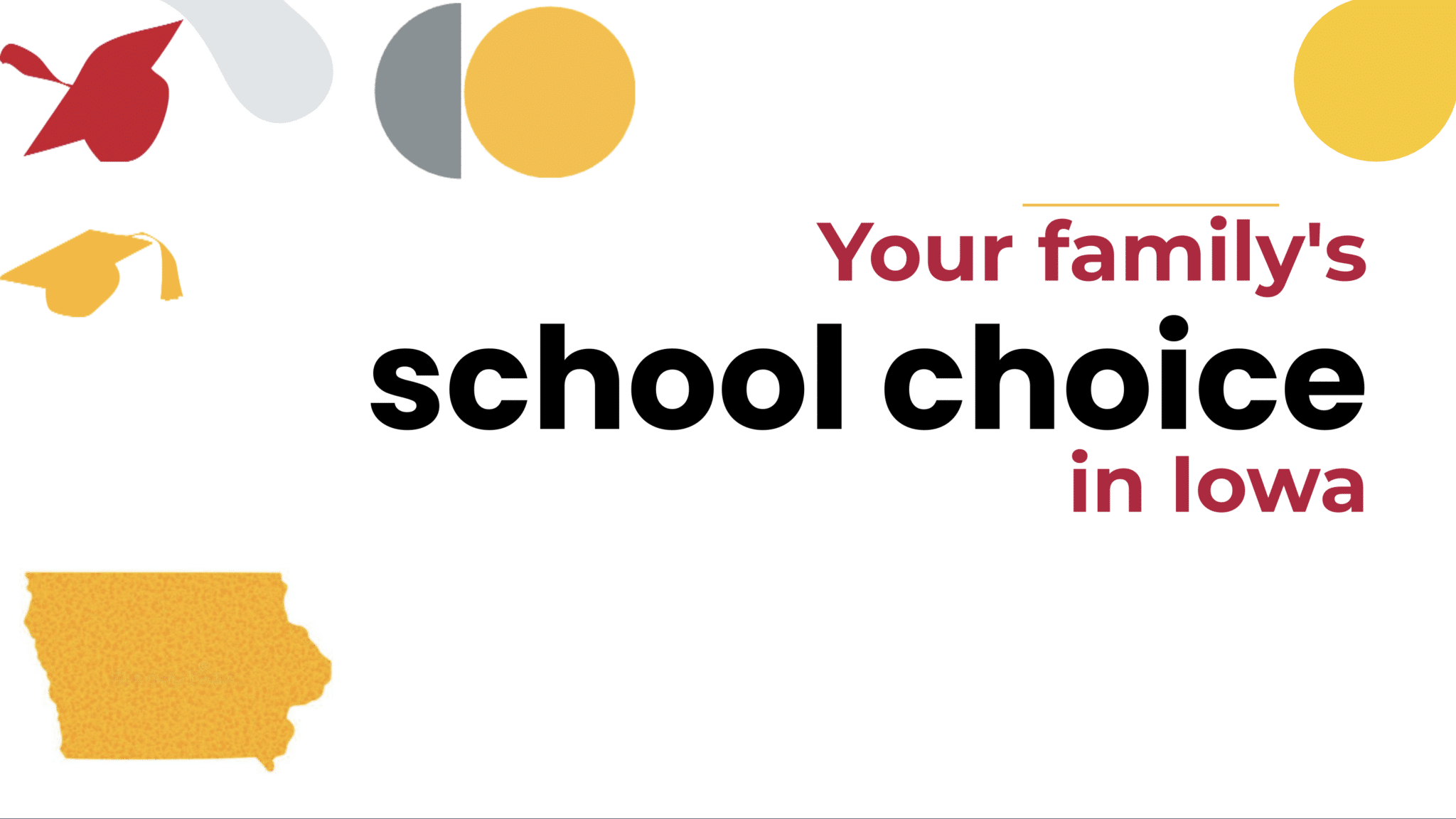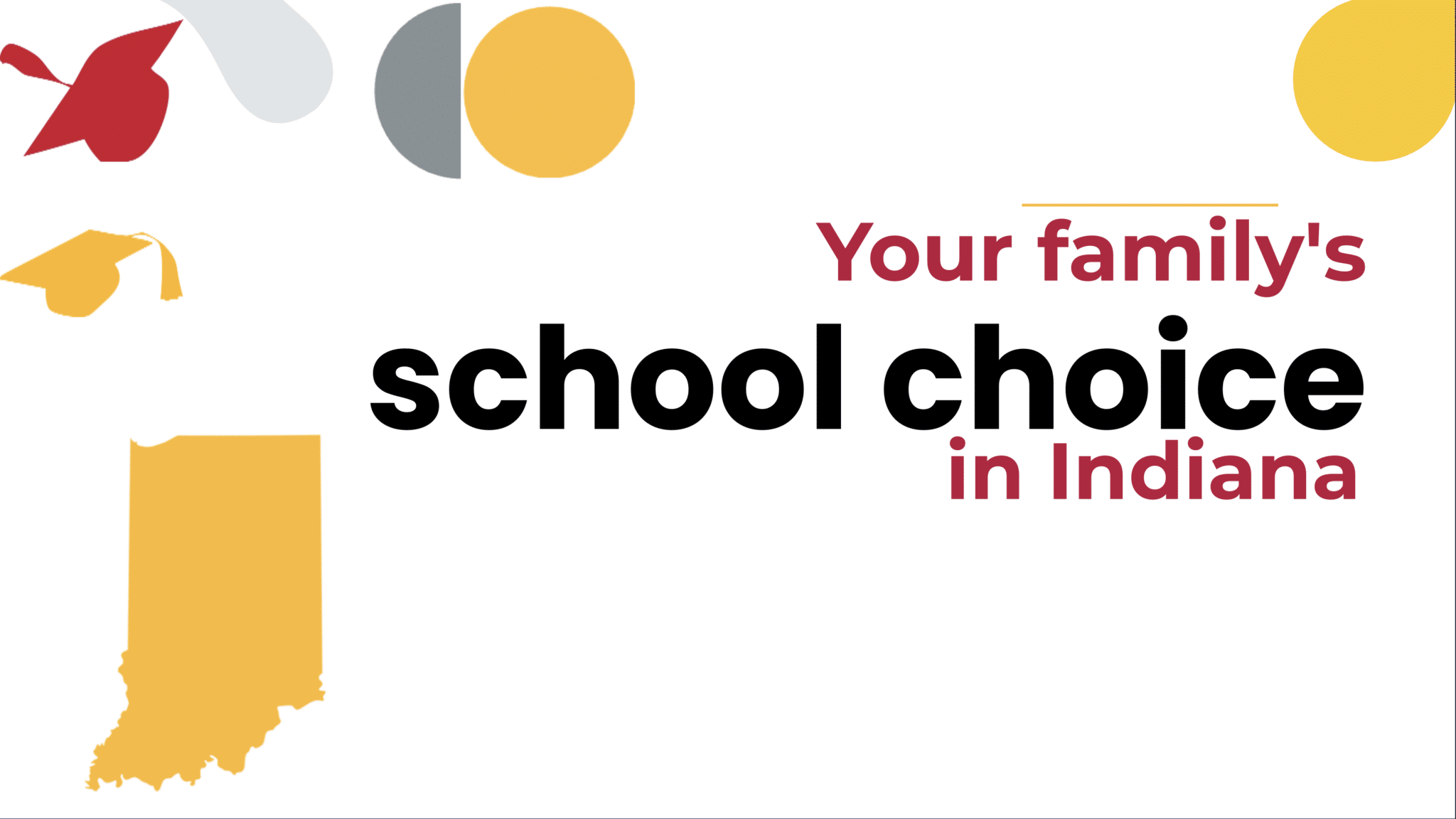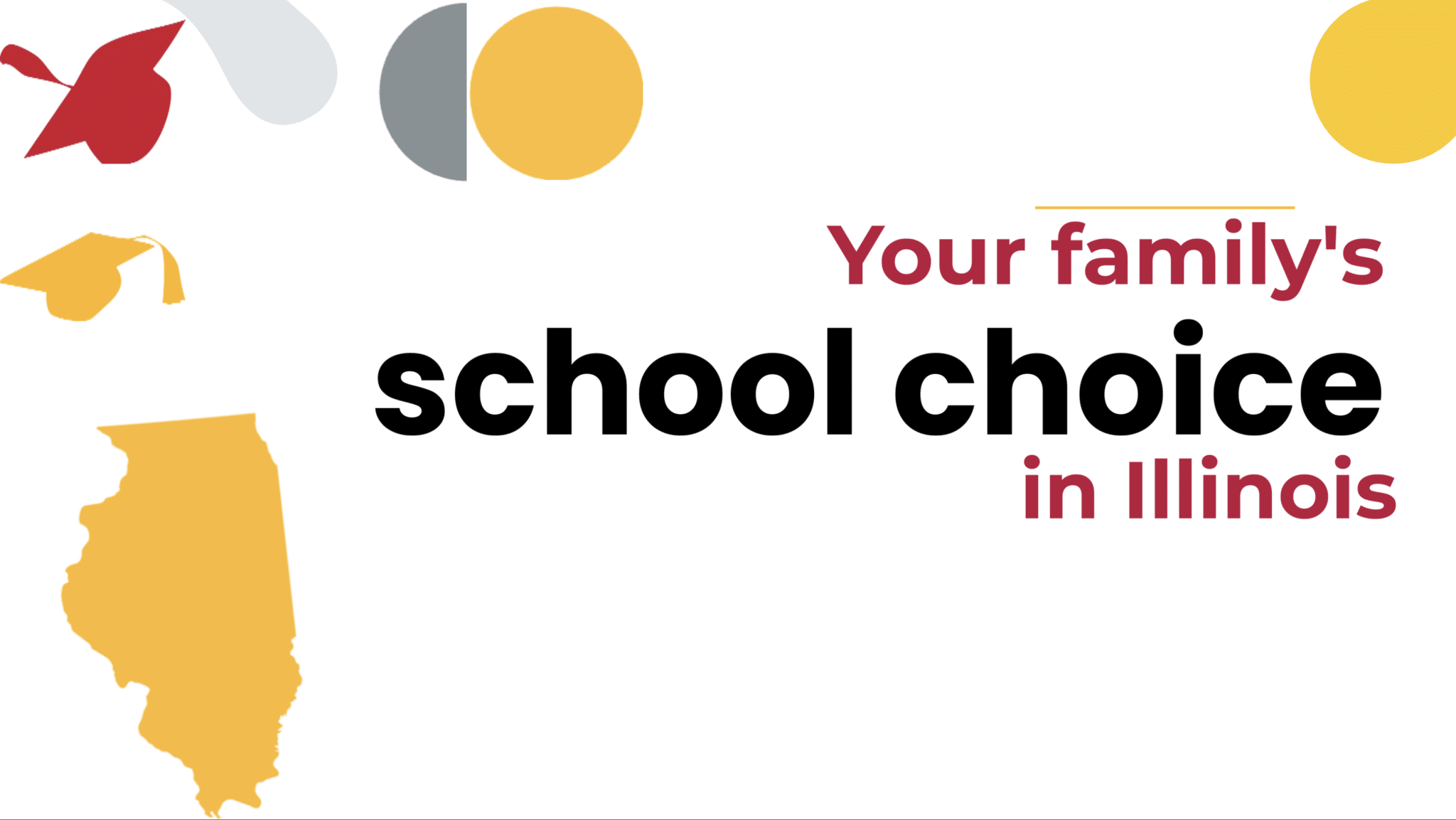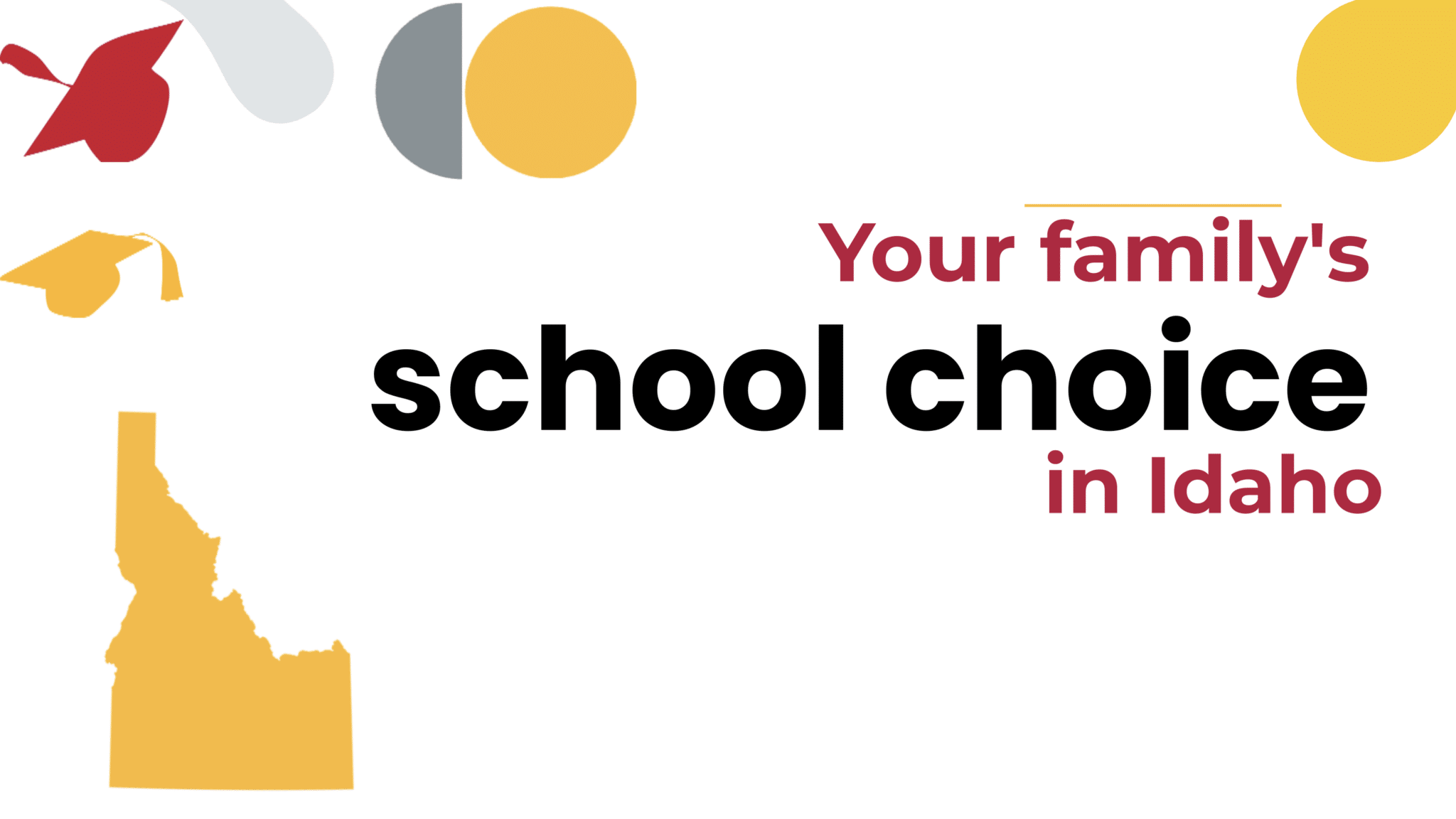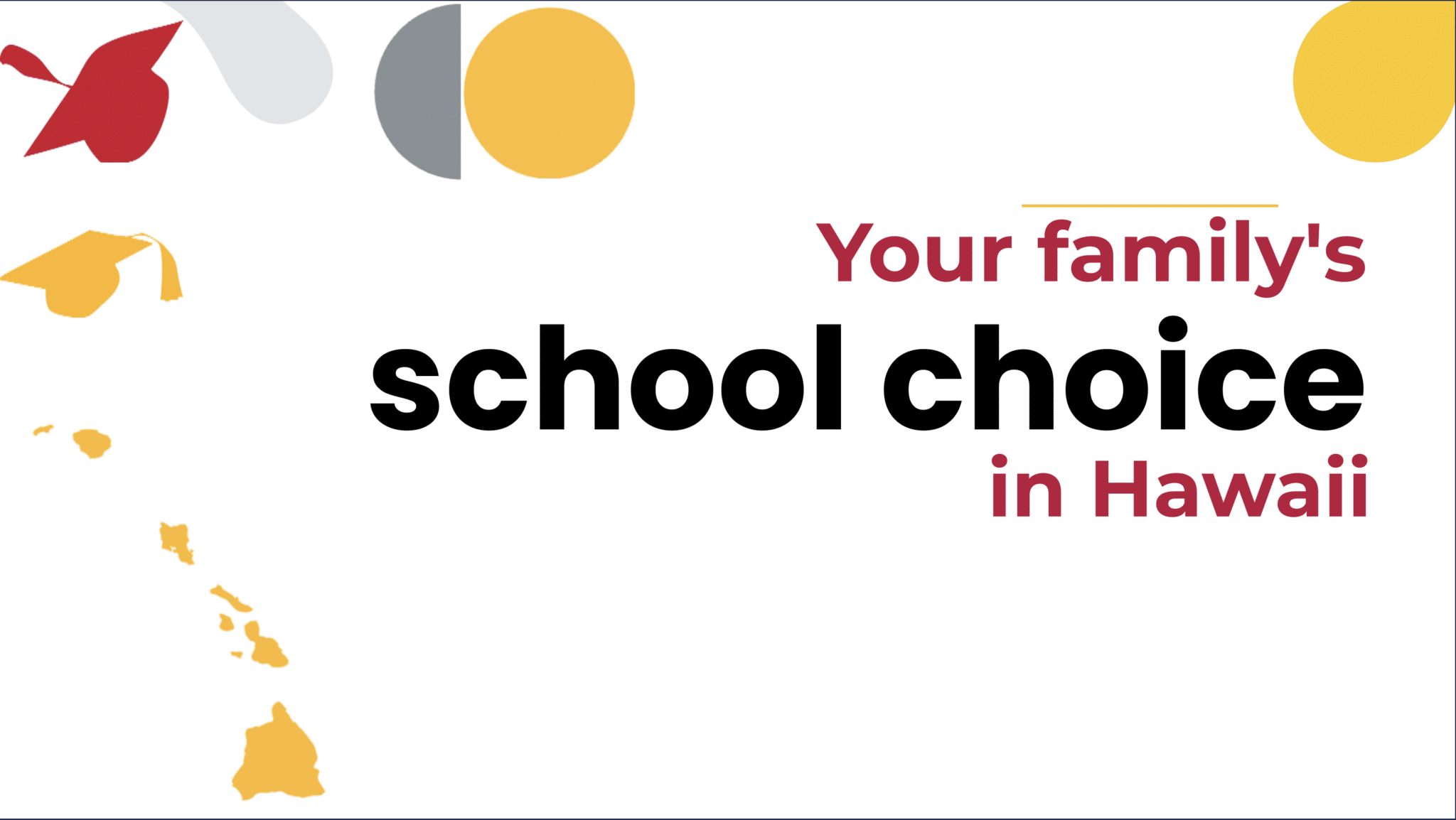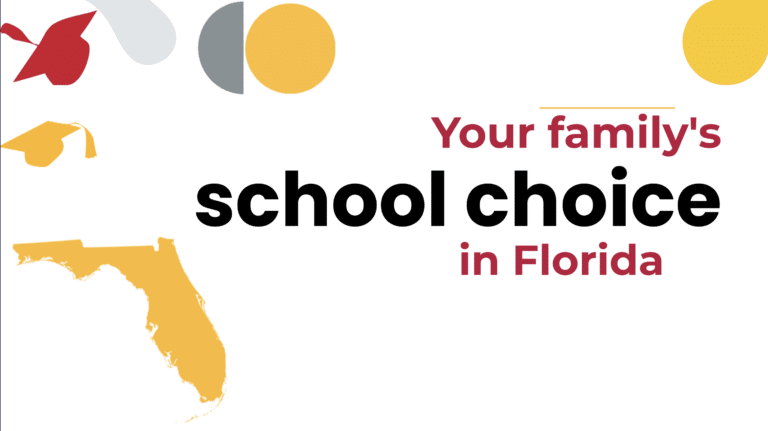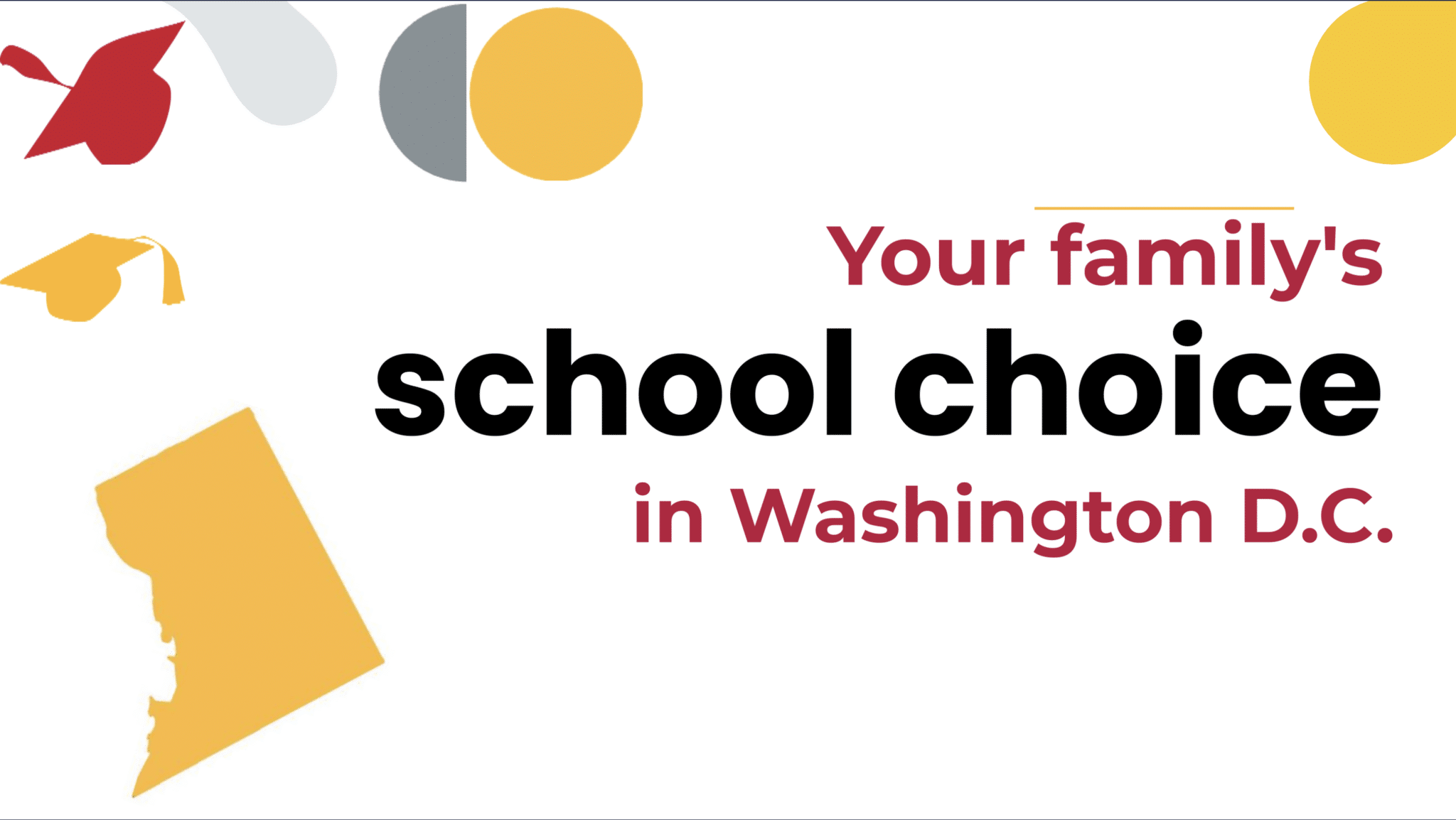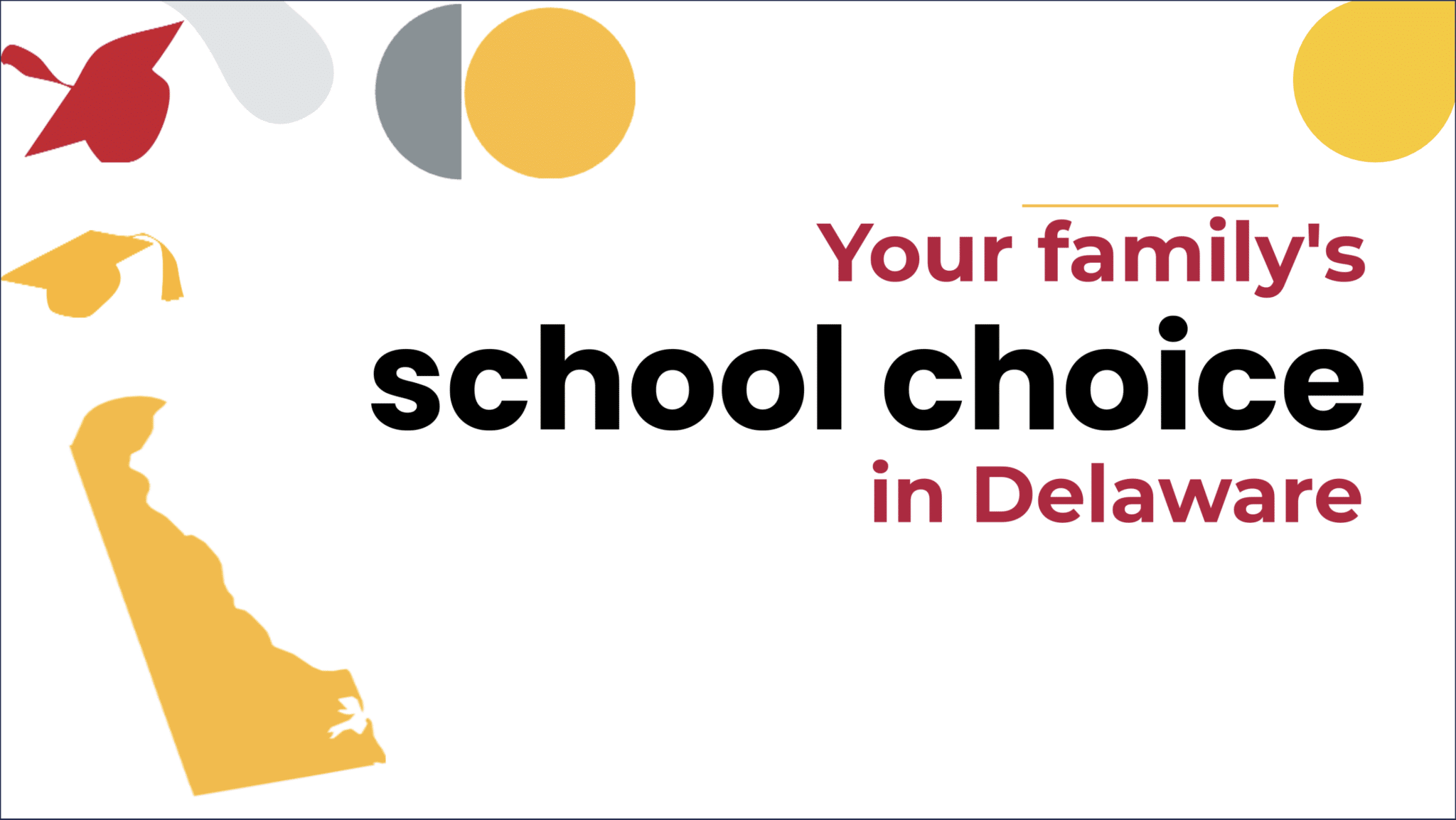Choosing a school? You’ve got options.
Each spring, parents face one of the biggest decisions they can make for their child: What school environment will their child spend about 1,000 hours in next year? Let’s dive in to school choice in Louisiana.
Making that decision with confidence starts with knowing your options. You may have more school choices than you realize! Understanding your choices can help you find a school where your child is happy and actively learning. Louisiana families can choose from traditional public schools, public charter schools, public magnet schools, private schools, online learning, homeschooling, and microschooling and mix-and-match learning.
Looking for special education options? You can learn what special education services are available in Louisiana at the Ultimate Guide to Special Education.
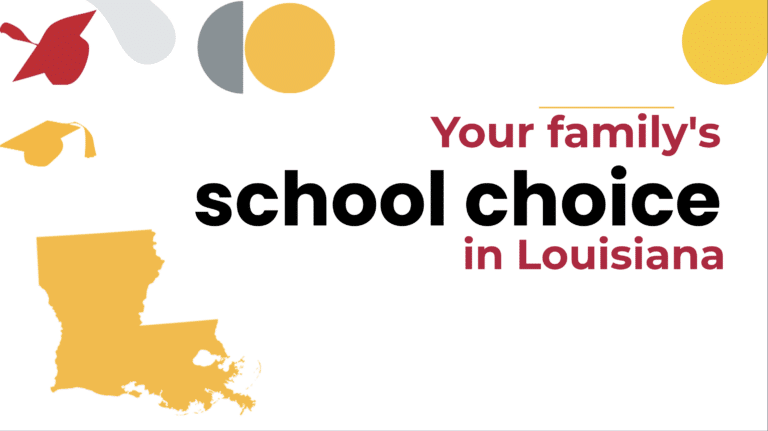
- Traditional Public Schools
- Public Charter Schools
- Public Magnet Schools
- Private Schools
- Online Schools
- Homeschool
- Microschooling
Louisiana Traditional Public Schools
First of all, children in Louisiana can choose traditional public schools. In Louisiana, 69.7% of all K-12 students attend a traditional public school. Traditional public schools are free to attend, open to all students, operated by school districts, and funded by taxpayers like you. Did you know that Louisiana spends an average of $13,397 per public school student each year? You can search your school’s spending and that of nearby schools at Project Nickel.
In most cases in Louisiana, each district decides whether it will participate in open enrollment, so parents should check with their local district if they wish to participate. The state only requires districts to offer open enrollment in certain circumstances, such as when students wish to transfer from a school in academic distress to a school that is not in academic distress. New Orleans families wishing to transfer schools can find information and apply online at Nola Public Schools.
Open enrollment refers to whether parents can choose to send their children to any public school, regardless of their zip code or where the school is located. Open enrollment is a valuable form of public school choice, increasing families’ access to free, public school options. Students participating in open enrollment are provided transportation by their public school of choice, if that school is closer to the student’s residence than their assigned school.
If your child attends a public school and is in grades K-5, keep in mind that Louisiana recently established the Steve Carter Literacy Program, which provides reading scholarships of up to $1,000 to help public school students in those grades who need extra tutoring or support for literacy.
You can find out more about public schools in your state at the Louisiana Department of Education. Plus, you can learn more about Louisiana open enrollment at “Public Schools Without Boundaries: A 50-State Ranking.”
Louisiana Charter Schools
You can choose from about 150 charter schools in Louisiana. Louisiana charter schools serve more than 11.8% of the K-12 student population. Charter schools are tuition-free public schools that are allowed extra freedom to innovate with curriculum and learning methods. Each school has a charter which explains the school’s purpose and what community need it serves. For instance, the school might provide a Spanish immersion program or offer a rigorous, literacy-based curriculum. One of the newest charter schools in Louisiana is Great Hearts Harveston, a classical school serving grades K-7.
In Louisiana, charter schools can be opened after they are authorized by school districts or the state. If there are more families seeking admittance to a charter school than there are seats, a lottery system is usually used to determine admittance. For more information, check out the Louisiana Association of Public Charter Schools.
Louisiana Magnet Schools
Magnet schools are another school choice in Louisiana. These are free public schools that allow kids to focus on specific themes, like science or the performing arts. Louisiana has several magnet schools throughout the state serving more than 3.1% of the K-12 student population.
Some Louisiana districts with magnet schools include Caddo Parish Public Schools, Calcasieu Parish Public Schools, East Baton Rouge Parish, Jefferson Parish Schools, and Tangipahoa Parish School District. The East Baton Rouge Parish School System, for instance, has magnet schools allowing students to focus on pre-law, visual and performing arts, health sciences, business and governmental affairs, or engineering. Meanwhile, South Highlands Elementary Magnet in Shreveport is Louisiana’s first arts-integration school and has been recognized twice as a National Blue Ribbon School of Excellence. If you have a magnet school near you with a theme that interests your child, it could be a great choice for you.
Louisiana Private Schools
Families in Louisiana can also consider private schools, nonpublic schools that charge tuition. Private schools may offer a unique curriculum, smaller class sizes, or a faith-based tradition. Louisiana’s 400 private schools come in all shapes and forms, from Montessori schools to schools designed for children with special needs.
The average tuition for private schools in the state is $7,344 for elementary schools and $8,708 for high schools. In Louisiana, there are a couple opportunities in place to make private school more affordable. For one, families who pay private school expenses can claim a deduction on their taxes. Currently, families can deduct up to $5,000 for tuition and fees from their total taxable income; in 2024, that amount will increase to $6,000.
Also, families with incomes below a certain level can qualify for tax-credit scholarships. Additionally, Louisiana has two voucher programs, one for students with special needs and one for low-income students. And since 2018, the federal government allows parents to save for K-12 private school tuition using tax-preferred 529 savings accounts. Currently, 1.1% of all K-12 students in Louisiana participate in a private school choice program.
Learn more at Private School Review: Louisiana.
Louisiana Online Learning
Whether your child wants to accelerate learning or needs a quieter environment to focus, you may want to give virtual school a try. Louisiana students in grades K-12 can attend Louisiana Virtual Charter Academy, or University View Academy, both online charter schools, full-time. In 2021, these schools enrolled more than 5,000 students!
If a student would like to switch to an online charter school, their parent or legal guardian must notify the currently enrolled school in order to withdraw and identify the online school they are transferring into.
There are also district-run online or hybrid schools available to some families, including St. James Parish’s Virtual Academy, St. Martin Parish’s Virtual Learning Program, the East Baton Rouge Parish’s Virtual Learning, St. Tammany Parish’s Virtual Academy, Jefferson Virtual High School, eLearning Academy, Apple Digital Academy, and Virtual Academy of Lafourche.
For part-time options, online providers participate in the state’s Supplemental Course Academy program, which offers free classes to students attending underperforming public schools, public schools that do not offer a certain course, or private schools on opportunity scholarships. Students who do not qualify for free classes can take these courses for a fee.
To read more about online learning in Louisiana, check out the Digital Learning Collaborative’s state profile.
Louisiana Homeschooling
Additionally, Louisiana families looking for an extremely customizable education can choose to homeschool. Homeschooling, the process of parents educating students at home, is permitted in all 50 states. As of 2024, about 16,000 (2.2%) Louisiana families homeschool.
In Louisiana, notice of your intent to homeschool is required within 15 days of starting and annually by October 1. If you initially begin to homeschool in the middle of the year, it is required that you file notice 12 months after your initial approval. It is recommended that you formally withdraw from your public school so your student is not marked truant.
The state requires homeschooling families to teach subjects covered in public schools, and also requires some level of assessment of students using the home study option. Note that homeschool students in Louisiana may still be eligible to participate in classes, sports, or activities at local public schools, though restrictions may apply.
Louisiana offers educational funding assistance that homeschooling families may be eligible for, such as the Louisiana Taylor Opportunity Program for Students (TOPS) and the Louisiana homeschool tax deduction. You can learn more at the Louisiana Department of Education, Home School Legal Defense Association – Louisiana, and Homeschool Louisiana.
Louisiana Microschools and Mix-and-Match Learning
Today, many Louisiana families are blending school options to come up with new ways to personalize education. Microschools are one of these ways. A microschool refers to students gathering together in a small group – with adult supervision – to learn, explore, and socialize. Microschools can take a variety of shapes and legal forms, from homeschoolers coming together at an enrichment center to a private school committed to small classrooms. What microschools share in common is a commitment to small-group learning and close-knit relationships, along with an emphasis on children as individual learners.
Here are real examples of microschools and related resources in Louisiana:
De Beau Microschool families participate in three hours a day of individualized learning, Tuesday through Friday.
Our Lady of Perpetual Help microschool is a small school community in Belle Chasse immersed in the Catholic tradition.
Sequitur Classical Academy in Baton Rouge offers a classical learning environment. While students are legally homeschooled, they participate in a common classical core, activities, and fellowship.
In 2021, Louisiana created a pod law that lays out some guidelines for school districts wanting to establish pods. Under this law, districts can create pods of at least 10 students that are linked to a school under their jurisdiction. Students in such a pod are taught by teachers and staff in the district. While established by a district, these pods can take place in unique locations like museums or libraries, or through virtual means.
Remember, microschooling is more a mentality than a specific legal distinction in most cases. Often, a family participates in a microschool while legally homeschooling, or being enrolled in a private or online school.
Search for Schools Near Me
Microschooling and Mix-and-Match Learning
How can it empower parents and help kids achieve their dreams?
7 Step Guide
Tips to help you find a school where your daughter or son will learn, succeed, and be happy.
Education Resources for
Louisiana Parents
For additional information about school choices in
Louisiana, visit these resources:
Every state is different when it comes to school choice options.
Sign up below to get a detailed comparison:
"*" indicates required fields

